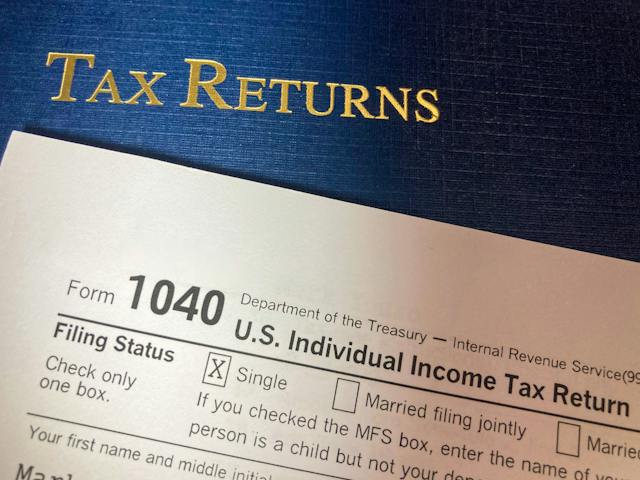
If you and your spouse are getting a divorce but have a child together, it’s important to understand the tax implications a divorce can have on your life. Two of the most common questions people have regarding this matter are if child support is taxable in New Jersey and which parent gets to claim the child as a dependant. If this reflects your circumstances, you’ll want to keep reading. The following blog answers these questions and explores how New Jersey child support attorneys can guide you through these times and answer any questions you may have.
If you are a recipient parent of child support payments, the state of New Jersey does not consider this a taxable form of income. As such, you do not have to report these payments when filing your taxes. This is because the state of New Jersey believes that the full payments a recipient parent receives for their child should go to their child instead of being considered taxable income for the state.
Because the recipient’s parent cannot claim the payments as a child support payment, the paying parent cannot claim the payments on their taxes as a deduction.
Another common question parents have regarding child support and tax implications is who can claim the child as a dependant. Generally, the IRS allows the custodial parent to claim the child as their dependant, regardless of which parent contributes more financial support.
However, if you and your ex-spouse have a shared custody arrangement, you’ll find that the IRS will generally consider the parent with the higher income as the custodial parent for tax purposes.
In some instances, your divorce decree may allow you and your spouse to switch who can claim the child as a dependant. However, the parent must file Form 8332, Release or Revocation of Release of Claim to Exemptions for Child by Custodial Parent.
As you can see, the tax implications of child support and custody can raise many questions for filers. That’s why it’s imperative to connect with an experienced attorney as soon as possible during these matters.
You should also know that if child support is not paid, the state will likely take the tax return of the non-paying parent. They will then use the funds to pay the recipient parent owed support.
At Haber Silver Russoniello & Dunn, we understand how complex these matters can be. As such, our dedicated legal team will do everything in our power to help guide you through these times. Connect with our team today to learn how we can assist you through these matters.
© 2025 Haber Silver Russoniello & Dunn. All rights reserved.